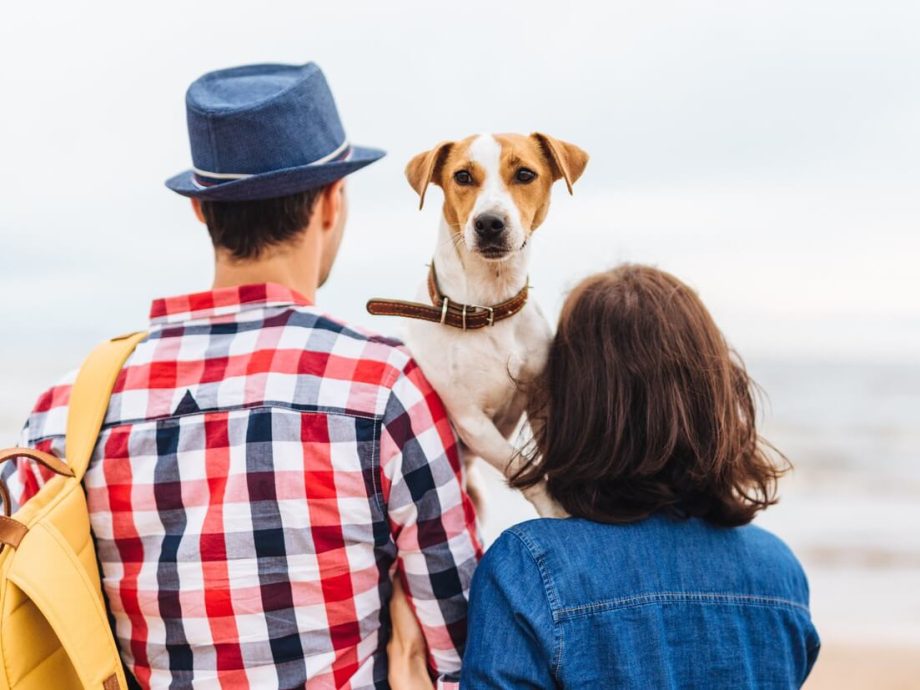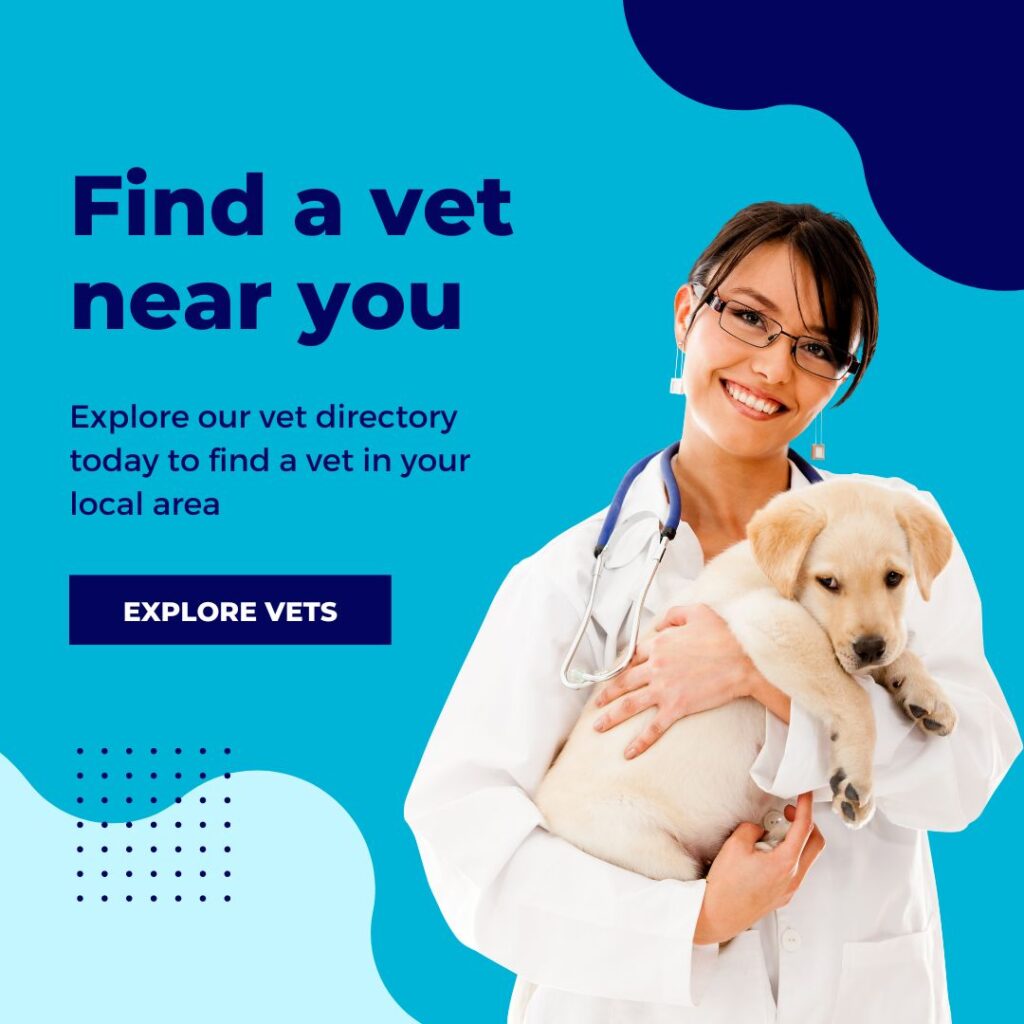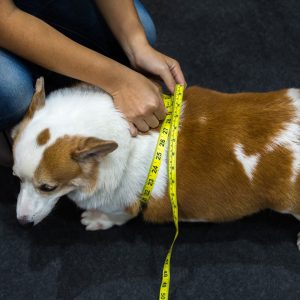We all know how hard it can be to make choice between the
heart and head. There’s no doubt that a puppy or a sad-eyed older dog can tug on the heart-strings to the point of being irresistible but sharing your life with a dog is a long-term commitment.
Is a dog the right pet for me?
Pets make a considerable contribution to our own health and wellbeing but taking on a dog is a very serious commitment.
With improved nutrition and access to veterinary care, we can reasonably hope that the normal lifespan of a pet dog could exceed 10 and possibly up to 15 years.
A commitment to responsible dog ownership goes far beyond simply bringing a dog to the family home and will require you to change your lifestyle to accommodate the dog’s needs.
Our pet dogs cannot get their own food, organise their exercise or manage their own healthcare and will be entirely dependent on you. They cannot reasonably be left alone for long periods and, for many aspiring dog owners, this will limit freedoms that may currently be taken for granted.
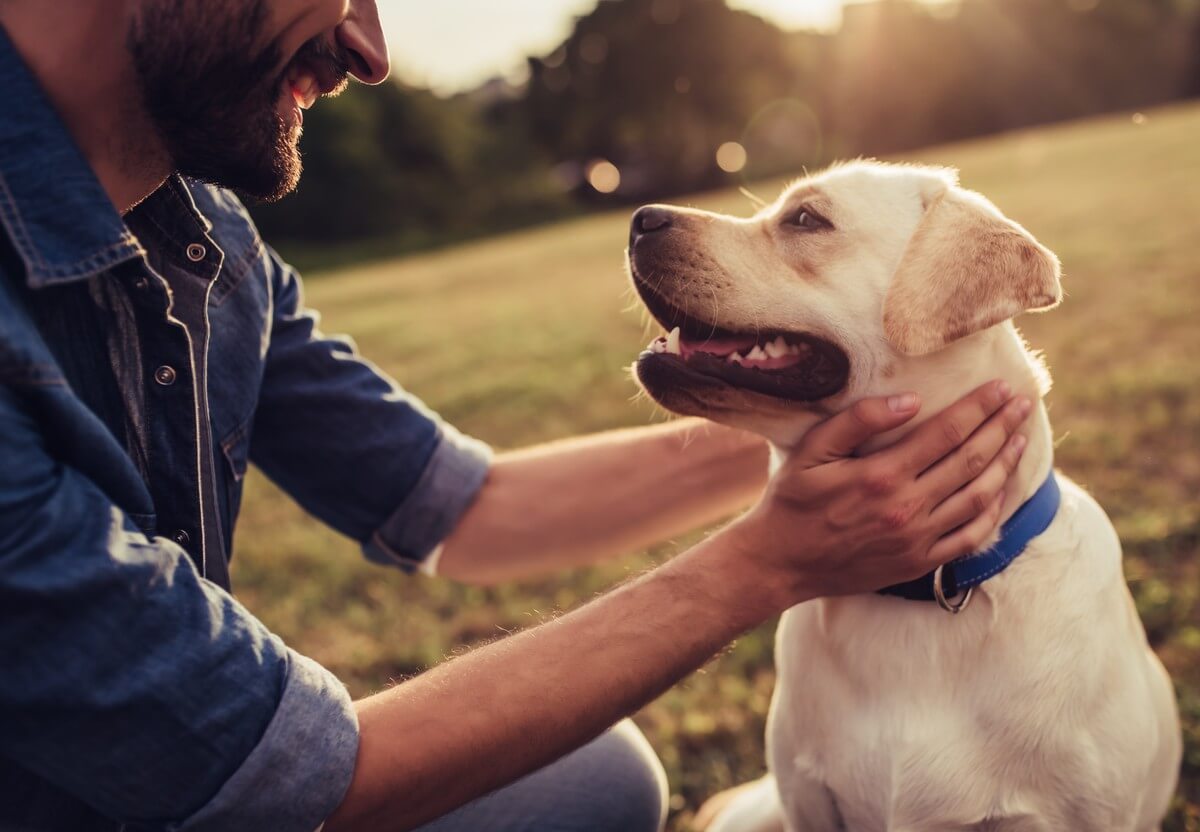
What does responsible dog ownership entail?
Taking on a puppy or a young dog is not very different from having a baby in the house (see Responsibilities). Any dog that shares your life will be totally dependent on you for food, water, exercise, company, play and the maintenance of its own health. It cannot manage any of these activities for itself and will need you to be available to provide all these for every single day of its life.
Some rented properties will not permit you to have a dog and, in every case, the type of home that we have will affect how well we can care for our dogs. We need to provide for both the physical and mental wellbeing of our dogs which will need regular and adequate exercise in a safe and interesting area to provide for both these aspects. Dogs require a routine of access at regular intervals to the outside in all weathers. Regardless of rain, snow or gales, dogs need both mental and physical stimulation, so regular and frequent periods of play will be as necessary as regular walks. This means that you will need to spend a significant amount of time with the dog, providing company for each other. While that sounds ideal, it can be very limiting in terms of work or family commitments.
If your work or lifestyle requires you to be away from home for long periods, or if you are unable to take your dog to work with you every day, a dog is not the right type of pet for you.
What does it cost to keep a dog?
There are significant costs associated with dog ownership and you can calculate the predictable costs, factoring in: food, preventative healthcare for parasite protection e.g. worms, ticks and fleas, vaccinations and pet insurance. Taking out a pet insurance policy is a helpful way of covering any unexpected veterinary bills which can be very substantial, as well as the costs associated with twice- yearly veterinary health checks, mandatory micro-chipping for identification purposes and where appropriate, neutering.
Some breeds of dog are susceptible to a certain pattern of illness, some of which may be hereditary. This will increase the need for, and the costs of veterinary care. If you have a specific breed in mind, you should check with your local veterinary practice before purchasing a puppy to find out if the breeder has carried out the appropriate health checks.
Some breeds of dogs – especially but not exclusively flat-faced or ‘brachycephalic’ breeds – have been associated with irresponsible breeding practices by some breeders and you should be prepared for your veterinary surgeon to caution you against buying certain puppies.
Remember that a larger breed dog will cost more to keep as it will eat more food, use larger doses of any medicines and may cost more to insure.
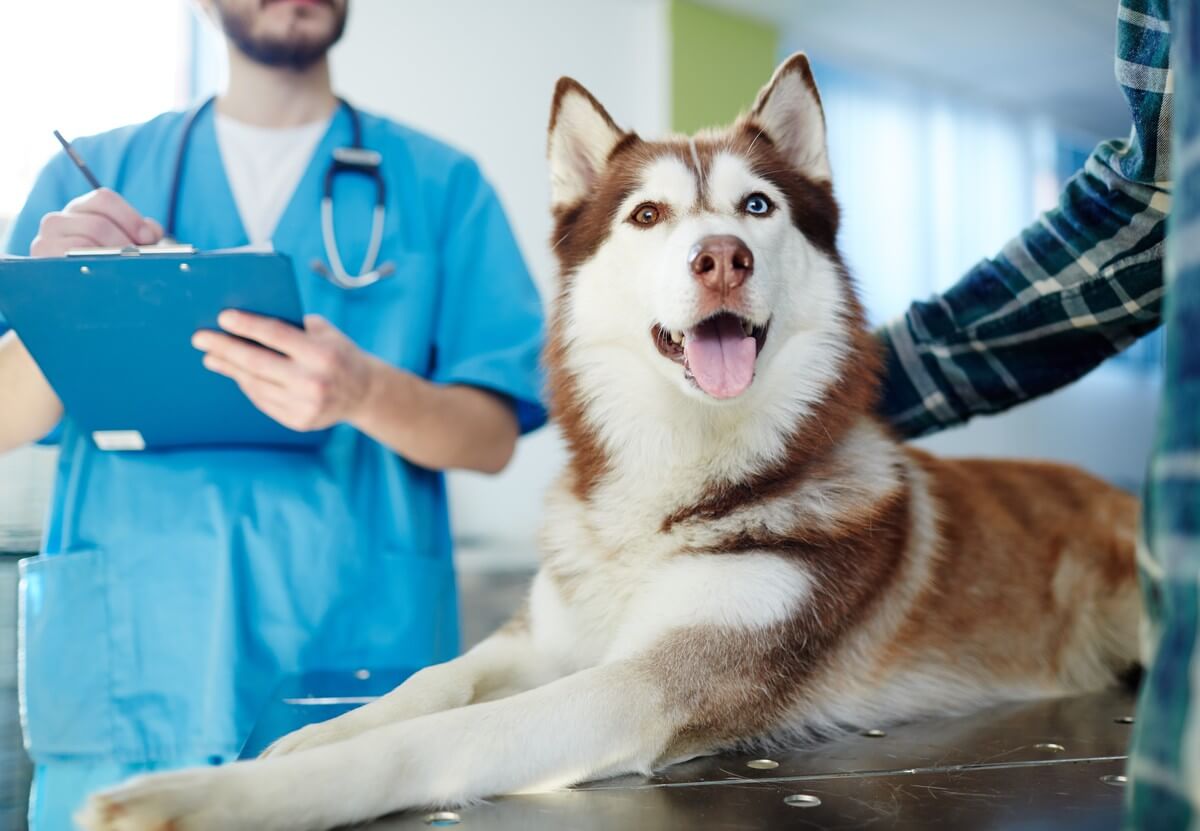
What will I need to provide for my dog?
Your dog will need a collar or harness and lead appropriate for its size and of course puppies grow considerably larger so you may need to buy these again when the puppy grows to maturity. Dogs need a ‘safe place’ and your vet or breeder may suggest a crate for your puppy to sleep in and escape from the busier moments of family life. You’ll also need a warm and comfortable bed for the dog, as well as safe toys and chews.
What about travel?
Many people take their dogs with them on holiday in this country but you’ll need to check if hotels, campsites or rented properties will accept a dog. If not, you will need to use a reputable boarding kennel or make firm and reliable arrangements with friends or family to look after the dog while you are away. A number of UK beaches will not allow dogs and a detailed list is usually provided by the local authority where you are going.
Taking your dog abroad on holiday used to require a pet passport which was obtained from your vet, subject to health checks and a full, current vaccination status. Since Brexit, this has become more complicated and you should check with your vet several weeks before you plan to travel, to allow time for vaccination and the necessary paperwork.
Travelling with a dog in your car has some legal obligations in terms of keeping the dog safe and secure while travelling and, finally, dog ownership itself carries a series of legal obligations.
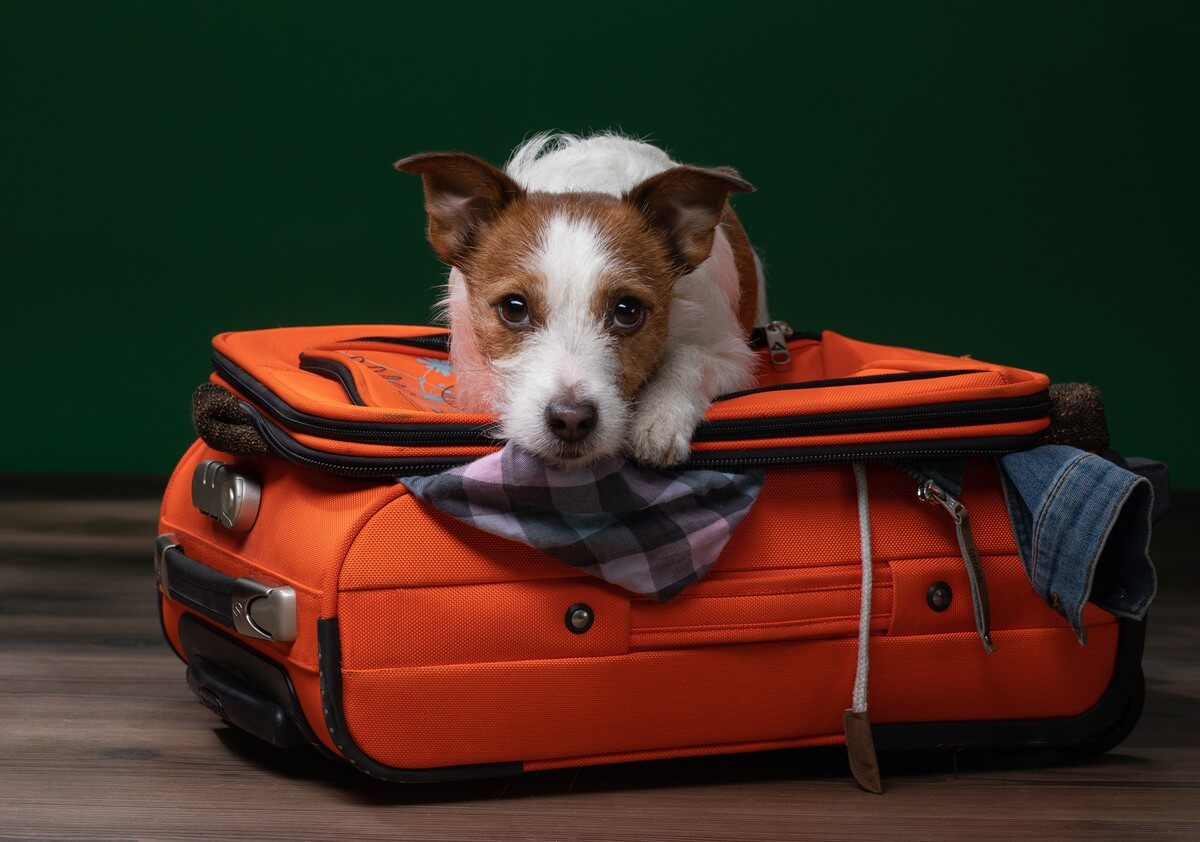
For many people, these considerations may be familiar as they will have had a dog before but if, after careful consideration, you feel that sharing your home with a dog is the right thing for you, why not see Choosing the Right Dog for Me for more information?

